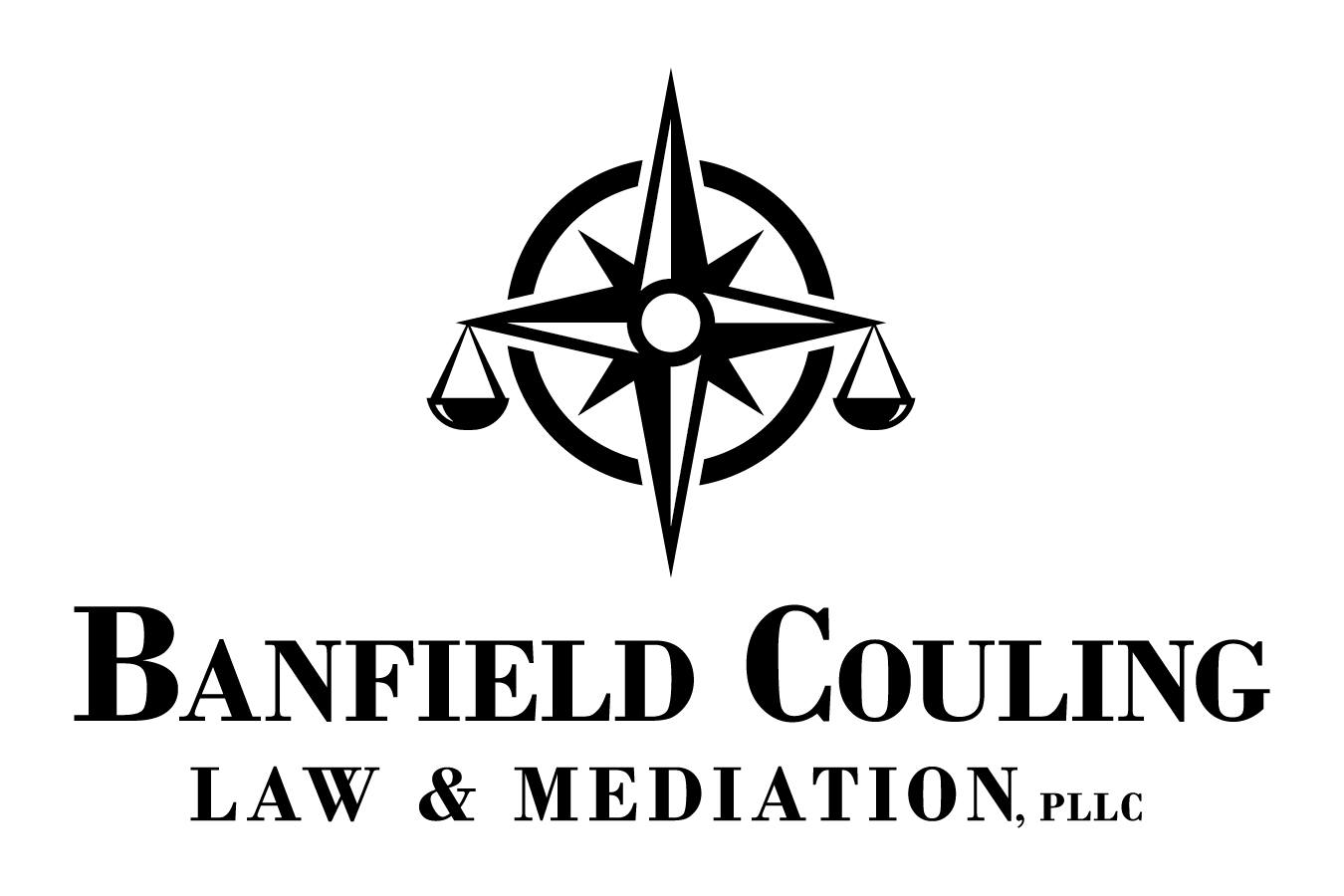FAQ: Can One Attorney Represent Both Parties?
Often, clients and their spouses are so committed to working out an amicable settlement that they ask whether our office can represent both parties. There is a clear answer to this question: No. (And there are very sound legal and ethical reasons for this answer. )
An attorney can only represent one party in a divorce action. Michigan attorneys are ethically required to avoid the conflicts of interest — which are inherent in representing both sides in a case. This is true even when the parties believe that they “agree on everything” or feel that they have no actual conflict in their positions. As a result, attorney cannot represent both spouses in a divorce case. However, when both parties agree on the terms of a divorce settlement, one attorney can draft the paperwork to give effect to the parties’ mutual agreement. This frequently occurs in our Streamline Divorce℠ cases.
In a Streamline Divorce℠ case, only one spouse (usually the spouse initiating the divorce) is the client of our office. However, the other party always is free to have all of the proposed paperwork and agreements reviewed by their own attorney if they so choose. With a Streamline Divorce℠ case, the document review process typically is reasonably quick and efficient — because, after all, it is based on a “plain English” agreement the parties developed themselves using forms designed specifically for that purpose.
PLEASE NOTE: This blog is not intended to constitute legal, financial and/or tax advice. We do not recommend making important decisions of the type addressed in this article without specific legal or tax advice by a licensed accountant or lawyer.

